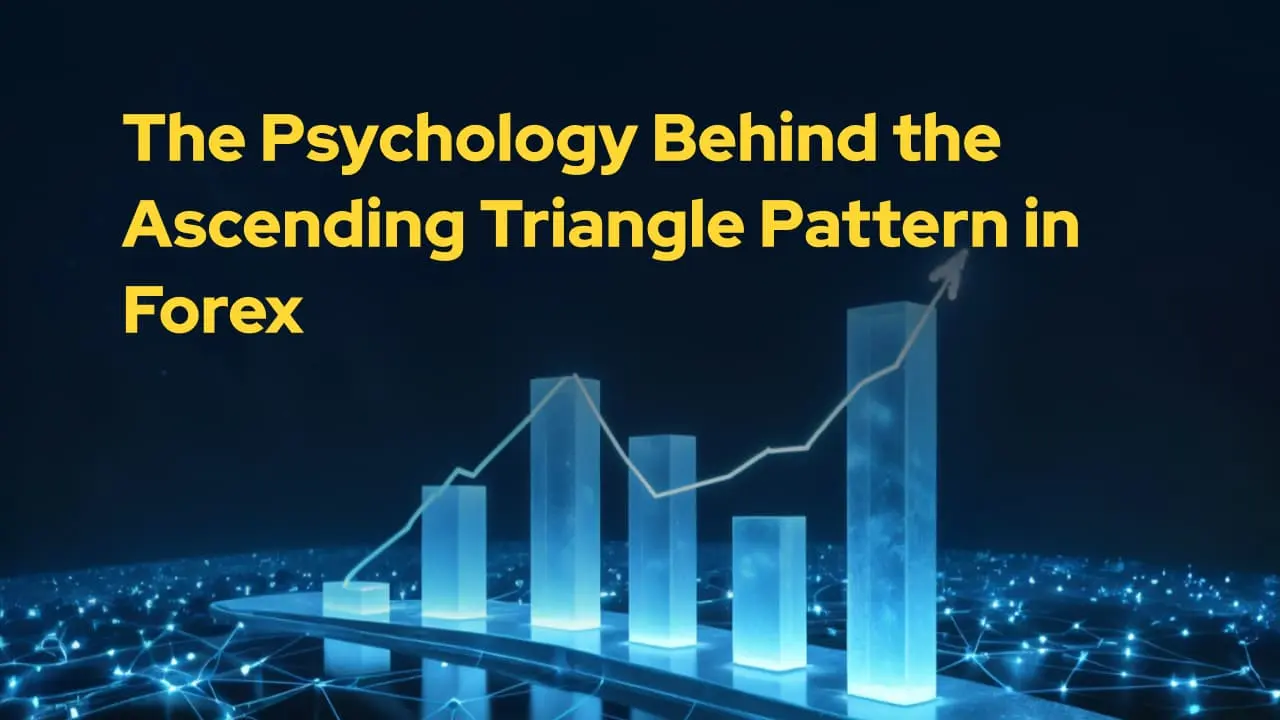简体中文
繁體中文
English
Pусский
日本語
ภาษาไทย
Tiếng Việt
Bahasa Indonesia
Español
हिन्दी
Filippiiniläinen
Français
Deutsch
Português
Türkçe
한국어
العربية
Nigeria to Launch Sweeping Cybersecurity Reforms Amid Rising Digital Threats
Abstract:With cyber threats escalating and economic losses exceeding ₦250 billion annually, Nigeria is launching comprehensive reforms to safeguard its digital future and build a more resilient cybersecurity infrastructure.

As cyberattacks become more frequent and sophisticated, Nigeria finds itself at a critical juncture in defending its digital economy. Estimates suggest that the country suffers over ₦250 billion in annual economic losses due to data breaches and cybercrime. In response, cybersecurity expert Victoria Ogunsanya has called for an urgent overhaul of Nigeria‘s data protection strategy, warning that inaction could lead to irreversible damage to the country’s digital ecosystem.
A National Challenge
From high-profile data breaches affecting banks and government platforms to a surge in ransomware and business email compromise (BEC) cases, Nigeria is facing a relentless wave of cyber threats. According to the 2024 Nigeria Cybersecurity Outlook, attacks are growing not only in number but also in complexity—often leveraging artificial intelligence (AI), deepfake fraud, and Ransomware-as-a-Service (RaaS) tools.
Ogunsanya, also the co-founder of TechNovelle, emphasized that cybersecurity is no longer just a technical issue—it has become a matter of national resilience and business survival. “Companies must shift from a reactive mindset to a proactive, intelligence-led strategy that embeds cybersecurity into core business operations from day one,” she said.
From Visibility to Intelligence
Ogunsanya argues that most Nigerian organizations lack visibility into their data assets—many dont even know what sensitive data they hold or where it resides. This knowledge gap makes it impossible to protect those assets effectively. She recommends beginning with data visibility and classification, using tools like Data Loss Prevention (DLP) to identify and monitor sensitive information such as Bank Verification Numbers (BVNs), health records, and financial data.
The traditional “perimeter defense” model, she notes, is obsolete in todays cloud-based hybrid work environment. Instead, Nigeria must embrace security models like Secure Access Service Edge (SASE), which combine identity verification, access control, and real-time threat detection across cloud platforms and remote endpoints.
Compliance Frameworks as the Backbone
Nigeria has already established several frameworks to support data protection, including the Nigeria Data Protection Regulation (NDPR) enforced by the Nigeria Data Protection Commission (NDPC), cybersecurity standards from the Central Bank of Nigeria, and data protection guidelines from the National Information Technology Development Agency (NITDA).
Still, Ogunsanya stresses that these regulations need stronger enforcement, especially for SMEs and non-IT sectors. “Compliance isn't a technical option—it's a national imperative,” she stated. Without robust governance and simplified registration tools, many businesses will remain exposed.
To that end, she suggests rolling out user-friendly digital tools to assist companies with classification, risk assessments, and compliance audits.
How Nigerian Organizations Can Secure Themselves
To help organizations navigate this changing landscape, Ogunsanya recommends the following steps:
1. Identify and classify your data
Know what data you have, where it resides, and assign sensitivity levels accordingly.
2. Deploy DLP systems
Prevent unauthorized transfers of sensitive data with automated alerts and response mechanisms.
3. Train your workforce
Raise awareness on phishing, social engineering, and safe digital practices through regular training.
4. Adopt layered defense
Use firewalls, endpoint protection, intrusion detection, and cloud security in a multi-tiered setup.
5. Integrate AI and machine learning
Automate anomaly detection and improve threat response times with AI-based monitoring tools.
6. Stay compliant
Ensure alignment with NDPR requirements on data processing, third-party access, and privacy safeguards.
7. Embrace cloud-native security with SASE
Protect distributed work environments by centralizing security functions in the cloud.
8. Partner with regulatory agencies
Actively engage with NDPC and NITDA for audits, assessments, and participation in national simulations.
Ogunsanya concluded that the goal of cybersecurity reform is not to eliminate all attacks but to create a resilient ecosystem that can detect, respond to, and recover from threats effectively. She emphasized that Nigeria must prioritize safety across policy, technology, and culture to transition from reactive to preventive cybersecurity practices.
“In a data-driven world, a countrys cybersecurity capacity is a direct reflection of its global competitiveness,” she noted.

Disclaimer:
The views in this article only represent the author's personal views, and do not constitute investment advice on this platform. This platform does not guarantee the accuracy, completeness and timeliness of the information in the article, and will not be liable for any loss caused by the use of or reliance on the information in the article.
Read more

Is India-Based Groww an Investment Scam? 5 Truths to Know
Groww is an India-based broker that is gaining popularity rapidly in the country. You will often see its ads on YouTube and other social media platforms. This broker is promoting itself aggressively. But before you invest with this broker, here are 5 red flags you should know.

A Guide to Backtesting Forex Trading Strategies
As one of the most liquid and widely traded markets globally, the forex market offers traders immense earning opportunities. However, currency trading can present risks too because you may trade leveraged positions, potentially resulting in significant losses should things go wrong. Backtesting forex trading strategies before investing in a strategy is crucial. Should you fail to test it, you may end up risking time and capital on a strategy that doesn’t hold an edge. In this article, we will discuss backtesting a forex trading strategy. Read on!

Datuk Seri Linked to RM8.4 Million Gold Investment Scam Under Police Probe
Malaysian police are investigating a gold investment scam that has cheated 37 people out of more than RM8.4 million, with a businessman holding the honorific title ‘Datuk Seri’ believed to be the mastermind.

The Psychology Behind the Ascending Triangle Pattern in Forex
In forex trading, chart patterns are more than just shapes on a graph. One of the most powerful bullish continuation patterns is the ascending triangle. This formation doesn’t simply happen by chance; it’s a result of specific psychological dynamics at play among buyers and sellers. Understanding the reasoning behind this pattern can help traders make informed decisions and improve their chances of profitability.
WikiFX Broker
Latest News
Datuk Seri Linked to RM8.4 Million Gold Investment Scam Under Police Probe
The Psychology Behind the Ascending Triangle Pattern in Forex
Charles Schwab Forex Review 2025: What Traders Should Know
The Global Inflation Outlook
What WikiFX Found When It Looked Into XS
Revealing the Art of Forex Spread Betting
EC Markets Enters Mexico City, Accelerates LATAM Push
Scam Warning from NZ FMA: Beware of Unauthorised Firms
Top CMA-Regulated Forex Brokers in Kenya 2025
Olymptrade Review 2025: Is It Safe or a Risky Bet?
Currency Calculator


